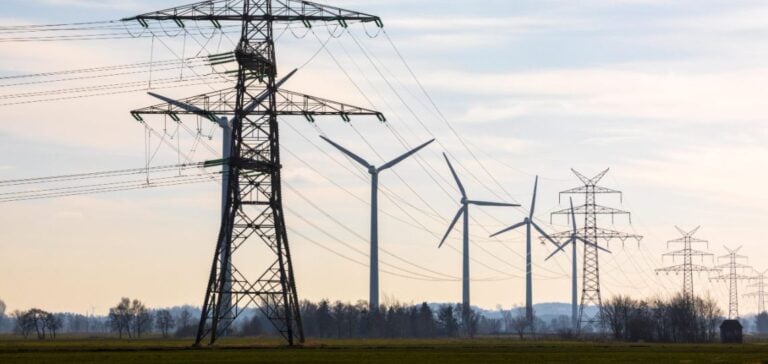Electricity prices in the Japanese market surged by 19.6% on November 19, reaching 15.31 yen per kilowatt-hour (kWh) compared to 12.80 yen/kWh the previous day. This increase reflects heightened demand, driven by a drop in temperatures, particularly noticeable in eastern and northern Japan.
The electricity market in Japan, organized around the Japan Electric Power Exchange (JEPX), recorded notable price hikes in several geographic zones, including Tohoku, Tokyo, Chubu, Hokuriku, and Kansai. Prices had not reached this level since October 18, when they peaked at 15.98 yen/kWh.
Energy Demand Influenced by Weather Conditions
According to the Japan Meteorological Agency (JMA), maximum temperatures in the Tokyo region dropped to 16°C on November 18, slightly below the 30-year average for this period. Forecasts indicate a continuation of this decline, with temperatures expected to drop to 13°C on November 19, 12°C on November 20, and 15°C on November 21. This drop is attributed to winter atmospheric pressure, which intensifies heating demand and, consequently, electricity usage.
The increased heating demand has also boosted the use of thermal fuels such as liquefied natural gas (LNG) and city gas. However, despite this rise in consumption, operators report that additional spot LNG shipments are not currently required.
Forecasts and LNG Stock Management
A representative from an energy company explained that most firms had already anticipated a harsh winter and adjusted their procurement strategies accordingly. “Current stock levels appear sufficient to meet anticipated demand, although the situation could evolve,” he added.
Japan’s Ministry of Economy, Trade, and Industry recently announced that LNG stocks held by major power utilities increased by 4.2% in the week of November 10, reaching 2.21 million metric tons. This marks the second consecutive weekly increase, ensuring some stability in the face of rising seasonal demand.
Limited Impact on the Spot LNG Market
Despite falling temperatures, market participants have reported no urgent need for additional spot LNG shipments. This reflects proactive supply management by Japan’s leading energy firms. Nevertheless, prolonged severe weather could test the limits of available reserves.
Japan’s peak electricity demand, often observed in winter, highlights the country’s continued reliance on fossil fuels for energy production, despite ongoing efforts to diversify energy sources and bolster grid resilience.





















